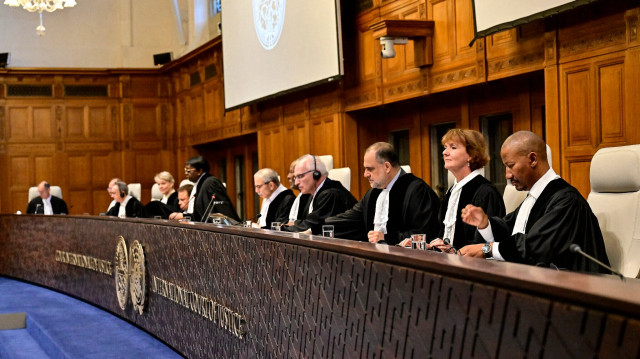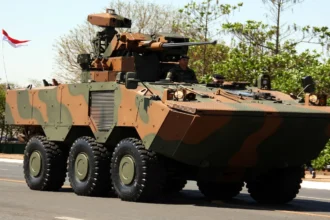Cuba has formally declared its intention to join South Africa’s genocide case against Israel at the International Court of Justice (ICJ), marking a significant development in the legal battle over alleged human rights violations in Gaza. The ICJ confirmed the filing on Monday, stating that Havana submitted its declaration under Article 63 of the court’s statute, allowing third-party nations to intervene in cases.
Cuba’s Legal Move at the ICJ
The Cuban government officially invoked the Convention on the Prevention and Punishment of the Crime of Genocide, aligning itself with South Africa’s accusations that Israel has violated international law in its military actions in Gaza.
The case initially gained traction in December 2023 when South Africa took legal action against Israel, citing widespread destruction and mass civilian casualties in the besieged Palestinian enclave. The legal challenge has since garnered support from multiple nations, including Nicaragua, Colombia, Libya, Mexico, Palestine, Spain, and Türkiye.
The Background: South Africa’s Case Against Israel
South Africa filed its case at the ICJ, arguing that Israel’s military campaign in Gaza—launched in response to a Hamas-led attack in October 2023—constitutes acts of genocide against Palestinians. The legal claim states that Israel’s ongoing offensive has resulted in mass civilian deaths, forced displacement, and catastrophic humanitarian conditions.
Humanitarian Crisis in Gaza
Israel’s military operations have led to devastating consequences for Gaza’s population. According to local health officials, nearly 46,600 people, mostly women and children, have been killed, and over 105,000 have been wounded. The relentless attacks have displaced nearly the entire population, leaving Gaza’s infrastructure in ruins.
Furthermore, the Israeli blockade has restricted the flow of essential supplies, including food, clean water, and medical aid, exacerbating the already dire humanitarian situation. The United Nations and human rights organizations have repeatedly called for an immediate ceasefire and unrestricted humanitarian access to the region.
Israel’s Response to the Allegations
Israel has vehemently rejected the genocide accusations, arguing that its military actions are a legitimate response to Hamas’ October 2023 assault, which killed approximately 1,200 people. Israeli officials maintain that their operations are targeted at Hamas militants rather than civilians and have criticized South Africa’s case as politically motivated.
Global Reactions and Legal Implications
The growing list of nations supporting South Africa’s case highlights deepening international divisions over the Israeli-Palestinian conflict. With Cuba’s intervention, the case is expected to gain further momentum, potentially shaping future diplomatic and geopolitical relations.
The ICJ’s ruling, while legally significant, may not lead to immediate changes on the ground. However, a decision against Israel could increase diplomatic pressure and calls for sanctions. If the court sides with South Africa and its allies, it could set a precedent for international accountability in conflicts involving allegations of genocide.
Looking Ahead
As the case progresses, all eyes will remain on the ICJ’s deliberations and the broader international response. The court’s proceedings are expected to take months, if not years, but the political and legal ramifications will likely reverberate far beyond the courtroom.













